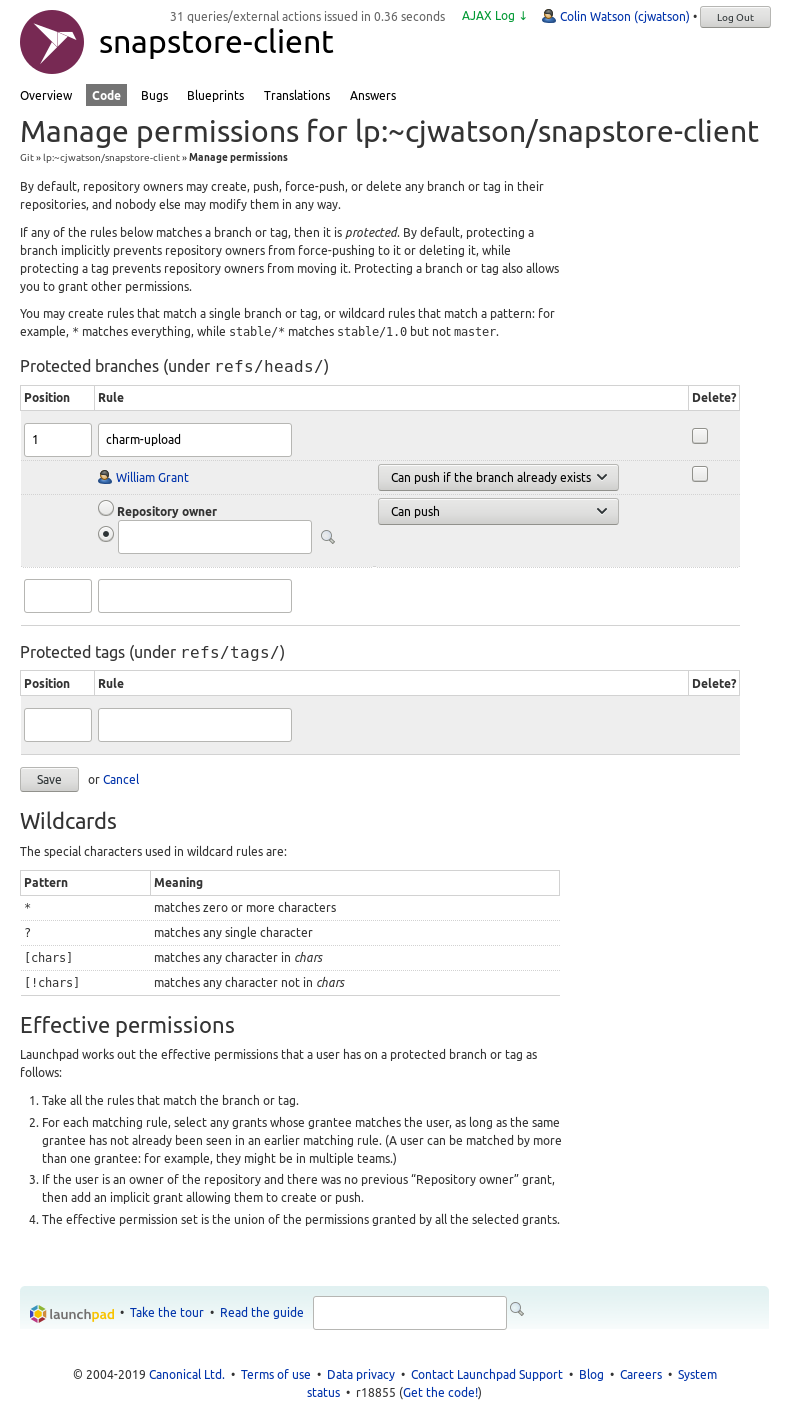Git Protocol v2 Available at Launchpad
Monday, September 28th, 2020After a few weeks of development and testing, we are proud to finally announce that Git protocol v2 is available at Launchpad! But what are the improvements in the protocol itself, and how can you benefit from that?
The git v2 protocol was released a while ago, in May 2018, with the intent of simplifying git over HTTP transfer protocol, allowing extensibility of git capabilities, and reducing the network usage in some operations.
For the end user, the main clear benefit is the bandwidth reduction: in the previous version of the protocol, when one does a “git pull origin master”, for example, even if you have no new commits to fetch from the remote origin, git server would first “advertise” to the client all refs (branches and tags) available. In big repositories with hundreds or thousands of refs, this simple handshake operation could consume a lot of bandwidth and time to communicate a bunch of data that would potentially be discarded by the client after.
In the v2 protocol, this waste is no longer present: the client now has the ability to filter which refs it wants to know about before the server starts advertising it.
The v2 protocol is not the default on git clients yet, but if you are using a git version higher than 2.19, you can use v2: simply run git config --global protocol.version 2, and you will be using the most recent protocol version when communicating with servers that support this version. Including Launchpad, of course.
And even if you have repositories hosted in a server that is not yet compatible with v2, don’t worry: the git client is backward compatible. If the server does not support v2, git client should fall back gracefully to the previous version and everything should continue to work as expected. We hope you enjoy the new feature. And let us know if you have any feedback!



